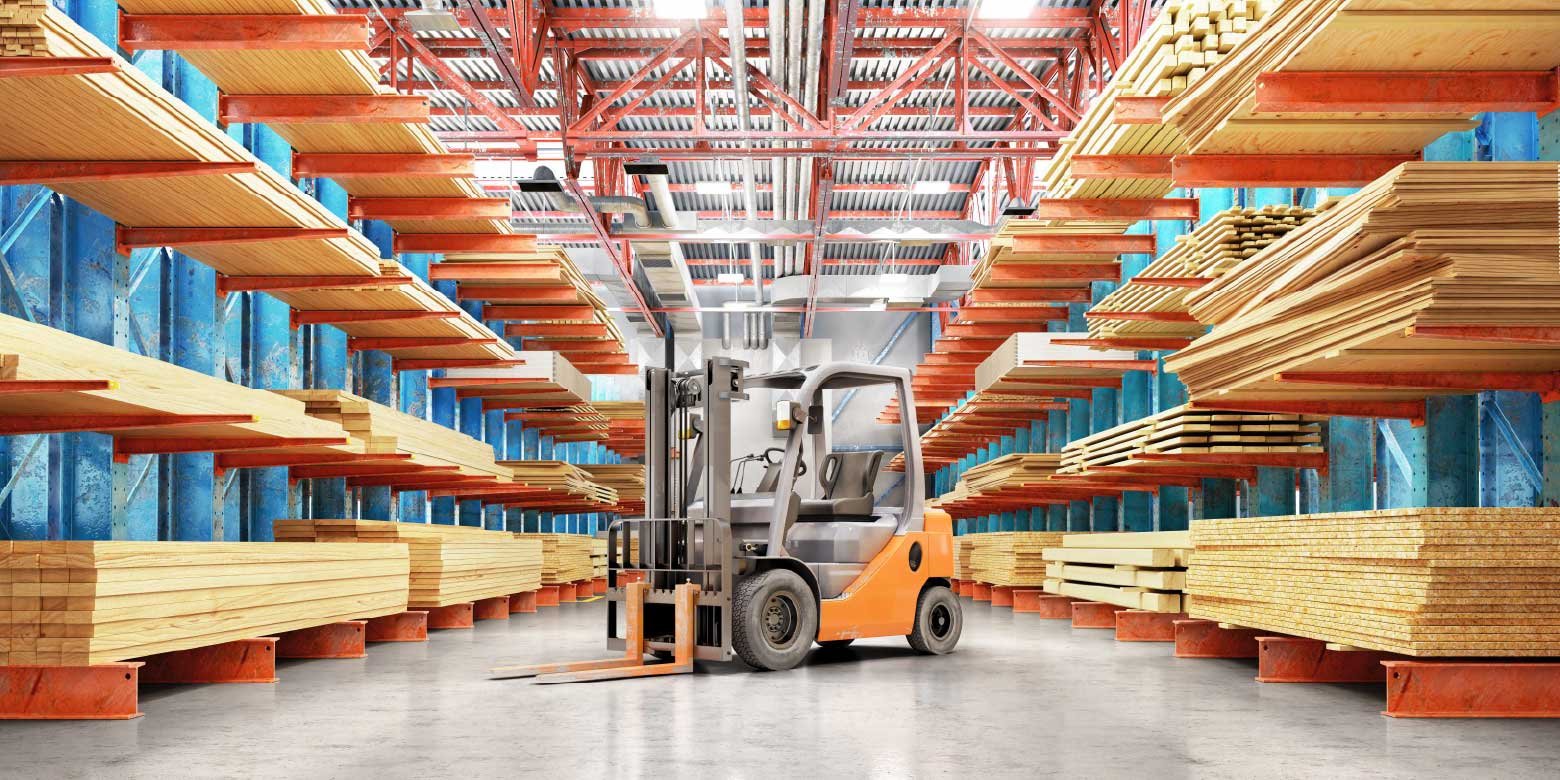Plywood, a widely used material in construction and furniture manufacturing, has garnered attention not only for its versatility and durability but also for its environmental impact. As global awareness of sustainability grows, understanding the ecological footprint of plywood production and the ethical practices of plywood companies becomes increasingly important. In this article, we delve into the environmental aspects of plywood, focusing on sustainability practices and ethical considerations, with a spotlight on the best plywood companies in India.
Understanding Plywood Production and Environmental Impact
Production Process: Plywood is manufactured from thin layers of wood veneer bonded together with adhesives. The production process involves harvesting timber, slicing veneers, and applying adhesives, followed by pressing and finishing.
Environmental Concerns:
- Deforestation: Unsustainable logging practices can lead to deforestation, habitat loss, and disruption of ecosystems. Best plywood companies in India prioritize sourcing wood from certified sustainable forests or promoting reforestation efforts.
- Energy Consumption: Plywood production consumes significant energy, primarily in the form of electricity and heat for drying and pressing. Efficient use of energy and adoption of renewable energy sources reduce the carbon footprint of manufacturing.
- Chemical Usage: Adhesives used in plywood manufacturing may contain formaldehyde and other volatile organic compounds (VOCs), posing health risks and contributing to indoor air pollution. Eco-friendly adhesives and low-VOC formulations mitigate these concerns.
Sustainability Practices in Plywood Production
Certifications and Standards: Leading plywood companies adhere to international certifications such as FSC (Forest Stewardship Council) and PEFC (Programme for the Endorsement of Forest Certification). These certifications ensure responsible forest management, biodiversity conservation, and respect for indigenous communities’ rights.
Recycling and Waste Management: Efforts to reduce waste and promote recycling within plywood manufacturing contribute to sustainability. Recycled wood fibers and by-products from production processes can be utilized in composite materials or biomass energy generation.
Carbon Footprint Reduction: Plywood companies implement strategies to minimize their carbon footprint, including energy-efficient manufacturing processes, carbon offset programs, and sustainable transportation practices.
Ethics in Plywood Production
Labor Practices: Ethical plywood companies prioritize fair labor practices and safe working conditions for employees throughout the supply chain. This includes compliance with labor laws, providing training and development opportunities, and promoting gender equality and diversity.
Community Engagement: Companies engage with local communities to ensure mutual benefit from forest resources. This may involve community development projects, educational initiatives, and partnerships that enhance livelihoods and promote environmental stewardship.
Best Plywood Companies in India: Leading the Way in Sustainability
1. Wigwam ply Ltd.: Wigwam ply Industries is renowned for its commitment to sustainability and innovation in plywood manufacturing. The company emphasizes responsible sourcing of raw materials and has received certifications for its environmentally friendly practices.
2. Century Plyboards (India) Ltd.: Century Plyboards is recognized for its quality products and sustainable business practices. The company invests in technology to improve efficiency and reduce environmental impact, focusing on recycling and renewable energy use.
3. Kitply Industries Ltd.: Kitply Industries prioritizes sustainable forestry practices and community engagement initiatives. The company is dedicated to promoting ethical standards in plywood production and supporting environmental conservation efforts.
Conclusion
The environmental impact of plywood production extends beyond its functional use in construction and furniture. It encompasses ethical considerations such as responsible sourcing of raw materials, sustainable manufacturing practices, and community engagement. As consumers and industry stakeholders become more environmentally conscious, the demand for plywood from reputable companies committed to sustainability and ethics continues to grow.
By supporting the best plywood companies in India that prioritize sustainability and ethics, consumers contribute to positive environmental and social outcomes. These companies set benchmarks for the industry, demonstrating that profitability and environmental responsibility can coexist harmoniously.
Incorporating sustainable plywood choices into projects not only enhances environmental stewardship but also promotes healthier indoor environments and supports communities dependent on forest resources. Together, we can shape a more sustainable future through informed choices and responsible practices in plywood procurement and usage.


